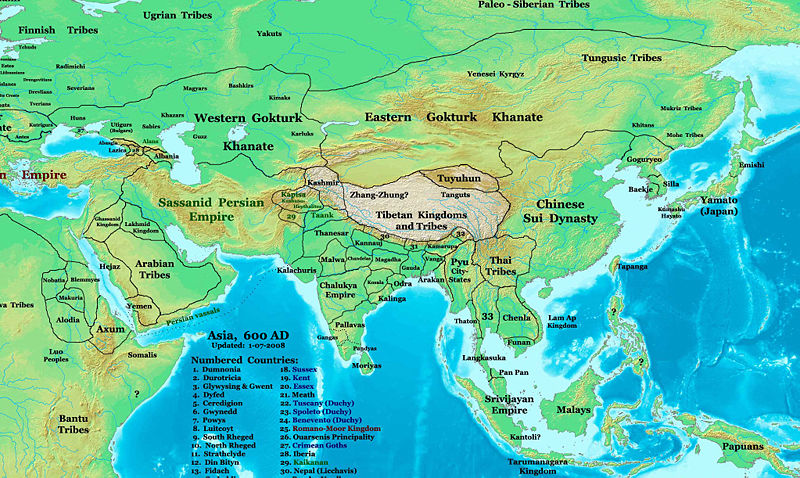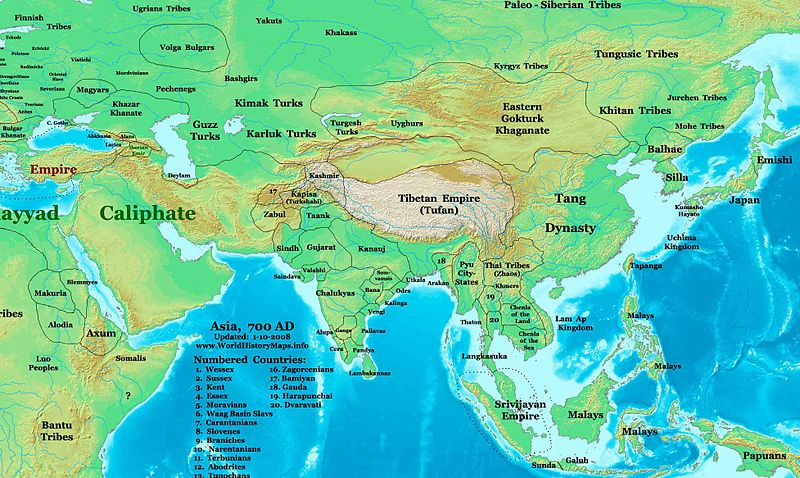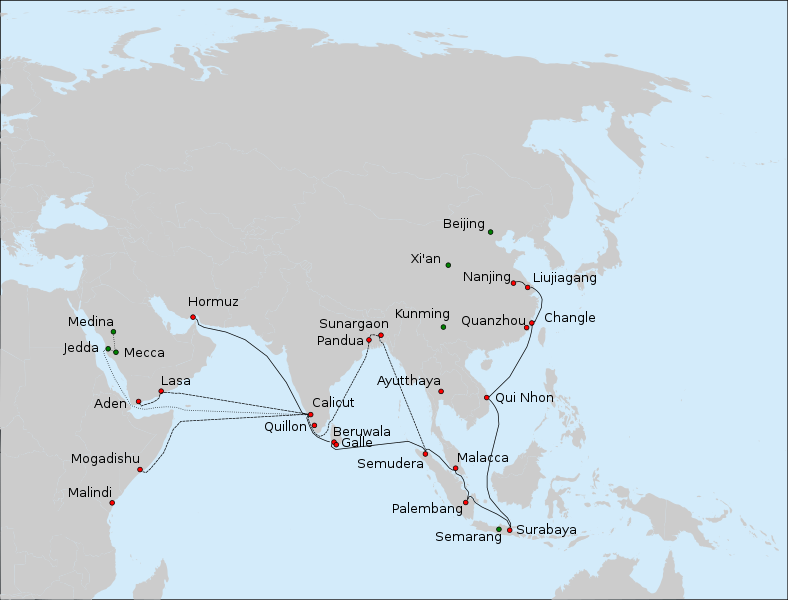fahim mohammed
Well-known member
Not really dark. If you see the Light. And know where to look.
Los Angles, California, U.S.A: Till March 2012, an exhibition is being held of 1001 Inventions. The
Islamic Heritage. 1000 years. The Dark Ages..not in the East..from China to Spain!!
If for nothing else, you will come to know about Al- Kindi and Ibn- AlHaitham. The foundations of the
science of optics and yes, lenses. And about al- Bayt- al-Muthlim. See what it translates to in Latin.
Find the meaning of the Arabic word ' qamara '. A 1000 years of innovation and science.
Kimia. Not about sorcery. But science. Kimia; Alkimia; Alchemy.
Zheng He. No, not a town in China.
Let the Light Shine.
Los Angles, California, U.S.A: Till March 2012, an exhibition is being held of 1001 Inventions. The
Islamic Heritage. 1000 years. The Dark Ages..not in the East..from China to Spain!!
If for nothing else, you will come to know about Al- Kindi and Ibn- AlHaitham. The foundations of the
science of optics and yes, lenses. And about al- Bayt- al-Muthlim. See what it translates to in Latin.
Find the meaning of the Arabic word ' qamara '. A 1000 years of innovation and science.
Kimia. Not about sorcery. But science. Kimia; Alkimia; Alchemy.
Zheng He. No, not a town in China.
Let the Light Shine.



